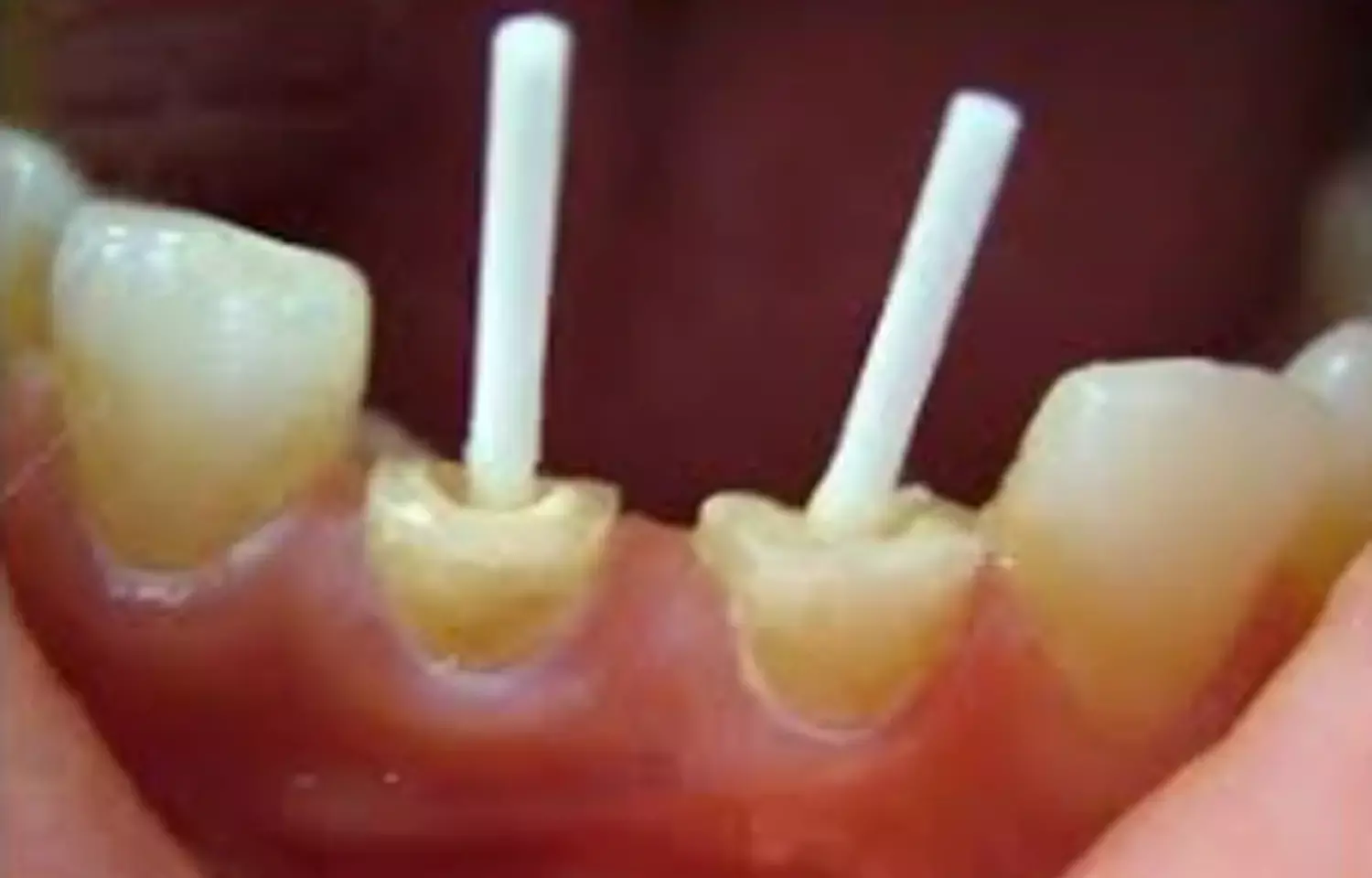- Home
- Medical news & Guidelines
- Anesthesiology
- Cardiology and CTVS
- Critical Care
- Dentistry
- Dermatology
- Diabetes and Endocrinology
- ENT
- Gastroenterology
- Medicine
- Nephrology
- Neurology
- Obstretics-Gynaecology
- Oncology
- Ophthalmology
- Orthopaedics
- Pediatrics-Neonatology
- Psychiatry
- Pulmonology
- Radiology
- Surgery
- Urology
- Laboratory Medicine
- Diet
- Nursing
- Paramedical
- Physiotherapy
- Health news
- Fact Check
- Bone Health Fact Check
- Brain Health Fact Check
- Cancer Related Fact Check
- Child Care Fact Check
- Dental and oral health fact check
- Diabetes and metabolic health fact check
- Diet and Nutrition Fact Check
- Eye and ENT Care Fact Check
- Fitness fact check
- Gut health fact check
- Heart health fact check
- Kidney health fact check
- Medical education fact check
- Men's health fact check
- Respiratory fact check
- Skin and hair care fact check
- Vaccine and Immunization fact check
- Women's health fact check
- AYUSH
- State News
- Andaman and Nicobar Islands
- Andhra Pradesh
- Arunachal Pradesh
- Assam
- Bihar
- Chandigarh
- Chattisgarh
- Dadra and Nagar Haveli
- Daman and Diu
- Delhi
- Goa
- Gujarat
- Haryana
- Himachal Pradesh
- Jammu & Kashmir
- Jharkhand
- Karnataka
- Kerala
- Ladakh
- Lakshadweep
- Madhya Pradesh
- Maharashtra
- Manipur
- Meghalaya
- Mizoram
- Nagaland
- Odisha
- Puducherry
- Punjab
- Rajasthan
- Sikkim
- Tamil Nadu
- Telangana
- Tripura
- Uttar Pradesh
- Uttrakhand
- West Bengal
- Medical Education
- Industry
Chelating Solutions show no Resistance of Glass Fiber Posts to the Root Dentin

Eduardo Fernandes Marques and colleagues from the Department of Endodontics, Sao Leopoldo Mandic Dental Research Center, Campinas, Sao Paulo, Brazil recently found out that the type of chelating agent used in the final irrigation of the endodontic treatment did not influence the tensile strength of the fixation system used to sealer the glass fiber posts to the intracanal dentin, as published in the European Journal of Dentistry.
Many irrigating solutions are used during chemical-mechanical preparation. These solutions would lead to a change in the collagen fibers of the dentin wall structure, besides being able to affect the calcium/phosphate ratio and interfere with the penetration of the monomer in the demineralized dentin. Consequently, the sealing process between the adhesive systems and the dental structure becomes deficient, reducing the quality and durability of direct restorations and restorations based on glass fiber posts
Therefore, the present study evaluated the influence of chelating agents on the sealer strength of glass fiber posts to root dentin.
The authors selected a total of forty mandibular premolars single canals, with complete apical root, straight, circular cross-sections. All the teeth were accessed and had the cervical third prepared with Gates-Glidden drills, then included in resin, instrumented with ProTaper Universal and the root canal obturation was carried out. After, the samples were randomly divided into 4 groups, each with 10, to test the final irrigation solutions: G1:17% EDTA; G2:10% citric acid; G3: Tetraclean and G4: saline solution (control).
After 30 days of storage at 36.5° C and 100% humidity, the post preparation was performed leaving 4 mm of apical endodontic filling. Then, a fiber-glass post previously selected was coated with ED Primer adhesive system and resin sealer Panavia, installed, and stored for 24 hours at 37°C. The samples were subjected to a tensile test with a constant speed of 1 mm/min with 2000 Kgf. The results were analyzed with the ANOVA test.
The observations revealed that there were no significant differences between the groups (p > 0.05).
Hence, the authors concluded that "the type of chelating agent used in the final irrigation of the endodontic treatment did not influence the tensile strength of the fixation system used to sealer the glass fiber posts to the intracanal dentin."
Dr. Nandita Mohan is a practicing pediatric dentist with more than 5 years of clinical work experience. Along with this, she is equally interested in keeping herself up to date about the latest developments in the field of medicine and dentistry which is the driving force for her to be in association with Medical Dialogues. She also has her name attached with many publications; both national and international. She has pursued her BDS from Rajiv Gandhi University of Health Sciences, Bangalore and later went to enter her dream specialty (MDS) in the Department of Pedodontics and Preventive Dentistry from Pt. B.D. Sharma University of Health Sciences. Through all the years of experience, her core interest in learning something new has never stopped. She can be contacted at editorial@medicaldialogues.in. Contact no. 011-43720751
Dr Kamal Kant Kohli-MBBS, DTCD- a chest specialist with more than 30 years of practice and a flair for writing clinical articles, Dr Kamal Kant Kohli joined Medical Dialogues as a Chief Editor of Medical News. Besides writing articles, as an editor, he proofreads and verifies all the medical content published on Medical Dialogues including those coming from journals, studies,medical conferences,guidelines etc. Email: drkohli@medicaldialogues.in. Contact no. 011-43720751


